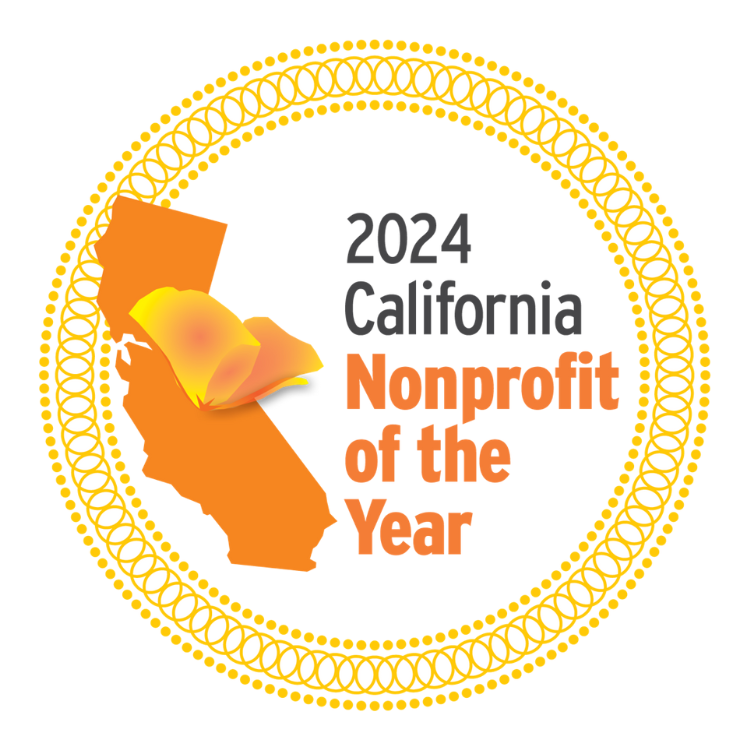Rancho Mission Viejo Riding Park in San Juan Capistrano is a 40-acre equestrian riding park that sits next to the San Juan Creek. Following our recent agreement with the City of San Juan Capistrano and Blenheim Facility Management, all parties will collaborate to incorporate park improvements that will benefit local communities and water quality.
Keep reading to learn more about Coastkeeper’s enforcement work and the details of our efforts to keep these local water resources swimmable.
How does San Juan Creek affect our community?
San Juan Creek is an important local waterway to Orange County and currently listed by the state of California as “impaired” under the Clean Water Act for bacteria, phosphorus and nitrogen. Phosphorus and nitrogen can cause algal blooms. For more information on how algal blooms can harm your health see this video by the EPA.
San Juan Creek provides critical habitat for endangered Southern California Coast Steelhead, and it empties into Doheny State Beach – a popular surfing and swimming destination and one of the most polluted beaches in California due to its high bacteria levels.
How does Coastkeeper protect Orange County’s waters through legal action?
In addition to Coastkeeper’s work within communities throughout Orange County, we also specialize in water quality enforcement. Our Clean Water Act enforcement efforts have resulted in significant improvements in water quality for all of Orange County during our nearly 20-year history.
Through legal enforcement, Coastkeeper has developed stronger permits that regulate stormwater and urban pollution and successfully worked with more than 70 local facilities to prevent industrial runoff and help them come into compliance with the clean water laws.
What was Coastkeeper’s role in protecting San Juan Creek?
After being alerted to a potential problem by the State, and confirming complaints by local residents of pollution in San Juan Creek, we conducted a thorough investigation of the Rancho Mission Viejo Riding Park. When Coastkeeper confirmed violations of the Clean Water Act, we provided due process to all parties in order to protect our waters.
The Clean Water Act requires that before organizations like Coastkeeper initiate a lawsuit, we must notify the state and federal regulators – like the Regional Board, U.S. EPA and U.S. Department of Justice – and the organization or facility discharging polluted stormwater. This notification letter must describe our allegations and provide the discharger at least sixty days to resolve the issues. This time also allows the state and federal agencies the opportunity to inform Coastkeeper whether they are already enforcing rules against the same parties. If the agencies inform Coastkeeper that they are working to resolve the issues raised in our notice letter, then Coastkeeper’s litigation likely cannot more forward.
During the sixty-day notice period, Coastkeeper toured the Riding Park along with representatives from the City and Blenheim. During this tour, additional issues were discovered, resulting in Coastkeeper issuing a second sixty-day notice letter to the parties describing our observations, concerns and intent on including those issues in our case.
In June 2017, Coastkeeper filed our complaint in federal court after the sixty-day period expired without any state or federal agency intervention and on-the-ground issues remaining unresolved. In July 2017, our complaint was amended to include our concerns about the facility operating as a concentrated animal feeding operation (CAFO) without necessary Clean Water Act permits.
Months after amending our complaint, the Regional Board directed the parties to obtain the Clean Water Act permits Coastkeeper alleged were necessary. The parties did obtain the necessary Clean Water Act permits during the pendency of our action.
On September 7, 2018, Coastkeeper, the City and Blenheim agreed to a tentative settlement to resolve the issues raised in the lawsuit. This agreement represents a collaborative effort to protect and restore fishable, swimmable and sustainable water resources that our communities depend on for our health and lifestyle.
Now, regional and federal EPA and the U.S. Department of Justice are reviewing our proposed consent decree to ensure consistency with the Clean Water Act.
Looking for more details on the timeline of our enforcement work in this case? Click here to read more.
How did Coastkeeper, the City and Blenheim reach an agreement?
Coastkeeper’s lawsuit contends that:
- Storm water and non-storm water were being illegally discharged into San Juan Creek without a CAFO permit or an Industrial Stormwater Permit
- The City reconstructed an Arizona Crossing through San Juan Creek without the required Regional Board and U.S. Army Corps permits after it was damaged by storms in 2010, and allowed unpermitted materials to remain in the creek
- Defendants engaged in fill activity along the Riding Park creek bank without the proper permits that ensure water quality protection and that resulted in unauthorized discharges to the San Juan Creek
Although the defendants (City and Blenheim) deny all allegations and claims contained within the lawsuit, the settlement resolves all outstanding allegations and allows the parties to move forward together with the implementation of capital improvements and water quality best management practices at the Riding Park and San Juan Creek.
The final agreement includes the following key points:
- The City/Blenheim will obtain all required water quality permits and develop plans for improvements at the Riding Park.
- The City/Blenheim will implement an employee training program for all staff and Riding Park operators to focus on compliance with all applicable water quality laws.
- Clean water best management practices will be implemented as appropriate and applicable.
- The San Juan Creek bank adjacent to the Riding Park will be restored and stabilized.
- The unpermitted Arizona Crossing materials will be removed from the creek in compliance with all applicable water quality laws.
- Coastkeeper will provide the City with notice of any potential lawsuit 30 days before issuing a Notice of Intent to Sue letter to any other equestrian facility in San Juan Capistrano and participate in meetings with the City and facility to resolve the issue prior to the Notice of Intent.
- The City will fund $1 million in projects through the California State Parks Foundation that will benefit the San Juan Creek watershed.
- The City will pay Coastkeeper $1.9 million for its expert/attorney’s fees and costs related to the lawsuit and future monitoring expenses.
Where do settlement funds go?
Clean Water Act litigation is often legally and scientifically complex, requiring engineering expertise and specialized consultants. Coastkeeper is able to recover our costs for those litigation expenses, as well as our reasonable attorney fees necessary to pursue and conclude our action. In addition, in lieu of civil penalties, the Clean Water Act requires settlements include money to pay for environmental projects, with the goal that that payment mitigate the harm caused by the pollution alleged in the lawsuit.
In this case, our agreement includes the following terms:
- The City will fund $1 million in projects through the California State Parks Foundation that will benefit the San Juan Creek watershed.
- The City will pay Coastkeeper $1.9 million to recover experts’ fees and costs related to the lawsuit and future monitoring expenses, which are necessary for Coastkeeper to ensure that future construction and planning at the Riding Park comply with the Clean Water Act and other environmental requirements.
Want to learn more?
View the joint press release here.
Learn more about Coastkeeper’s legal enforcement work.






